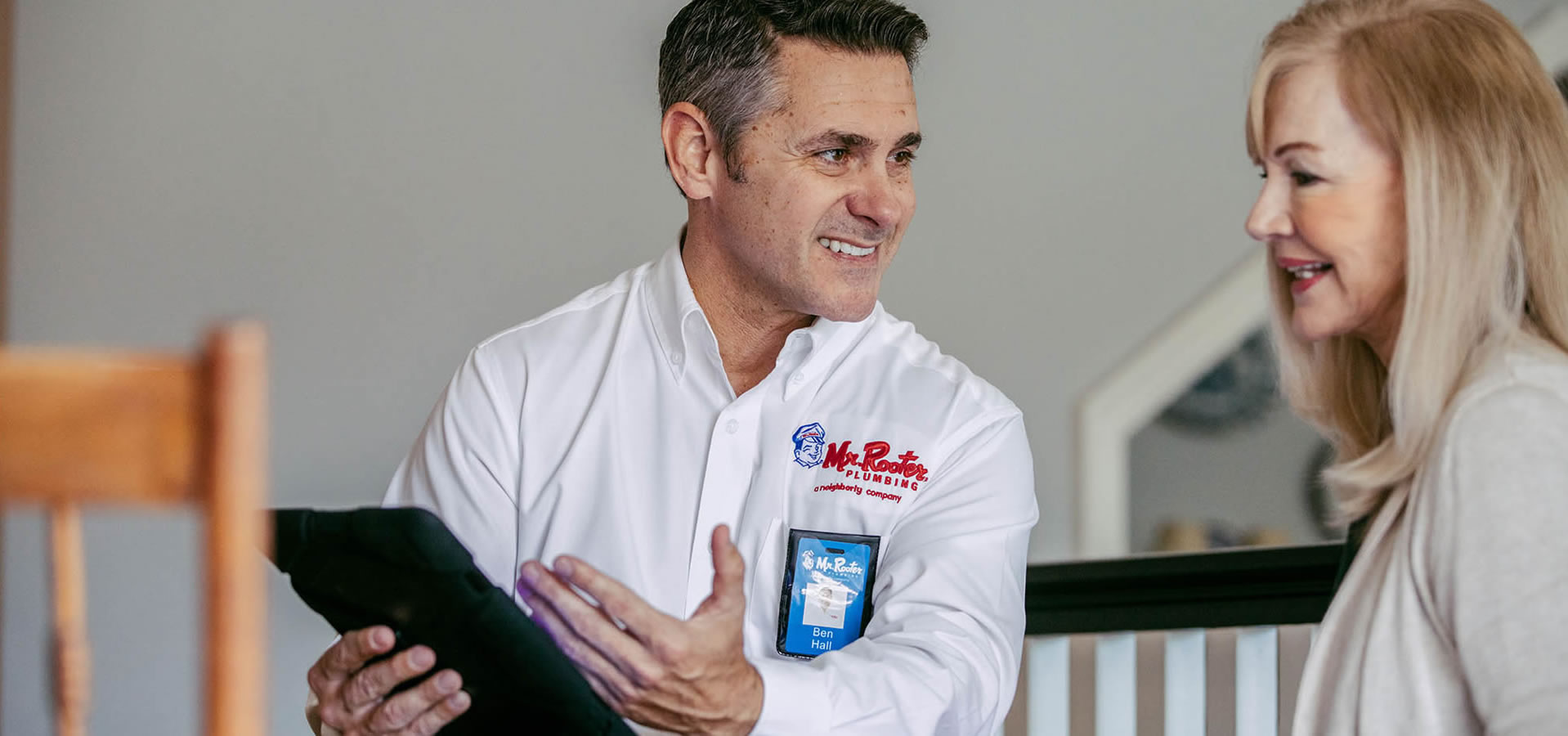Look for signs like water stains, peeling paint, warped floors, and a musty smell. Regularly inspect your home for leaks to prevent water damage.
Menu
Call This Thursday to Get
$35 off- Home
- Plumbing Services
- Bathroom Plumbing
- Commercial Plumbing
- Drain Cleaning
- Faucet & Sink Replacement
- Garbage Disposal Replacement
- Gas Line Repair
- Kitchen Plumbing
- Leak Detection
- Pipe Repair & Repiping
- Plumbing Repair
- Sewer Repair
- Sump Pump Replacement
- Toilet Repair & Replacement
- Water Filtration Installation
- Water Heater Repair & Replacement
- Water Softener Installation
- Drain Cleaning
- Sewer Repair
- Service Areas
- Boca Raton, FL
- Boynton Beach, FL
- Coconut Creek, FL
- Coral Springs, FL
- Davie, FL
- Deerfield Beach, FL
- Delray Beach, FL
- Fort Lauderdale, FL
- Lighthouse Point, FL
- Margate, FL
- Miramar, FL
- Oakland Park, FL
- Pembroke Pines, FL
- Plantation, FL
- Pompano Beach, FL
- Tamarac, FL
- Wellington, FL
- West Palm Beach, FL
- Weston, FL
- Wilton Manors, FL
- Reviews
- Coupons
- Blog
- FAQ
- About Us
- Contact Us
- Accessibility
$35 off
Call This Thursday to Get$35 off
4.8/5Ratings based on 584 reviews Great Plumbers, Great Reviews
- Home
- Plumbing Services
- Bathroom Plumbing
- Commercial Plumbing
- Drain Cleaning
- Faucet & Sink Replacement
- Garbage Disposal Replacement
- Gas Line Repair
- Kitchen Plumbing
- Leak Detection
- Pipe Repair & Repiping
- Plumbing Repair
- Sewer Repair
- Sump Pump Replacement
- Toilet Repair & Replacement
- Water Filtration Installation
- Water Heater Repair & Replacement
- Water Softener Installation
- Drain Cleaning
- Sewer Repair
- Service Areas
- Boca Raton, FL
- Boynton Beach, FL
- Coconut Creek, FL
- Coral Springs, FL
- Davie, FL
- Deerfield Beach, FL
- Delray Beach, FL
- Fort Lauderdale, FL
- Lighthouse Point, FL
- Margate, FL
- Miramar, FL
- Oakland Park, FL
- Pembroke Pines, FL
- Plantation, FL
- Pompano Beach, FL
- Tamarac, FL
- Wellington, FL
- West Palm Beach, FL
- Weston, FL
- Wilton Manors, FL
- Reviews
- Coupons
- Blog
- FAQ
- About Us
- Contact Us


